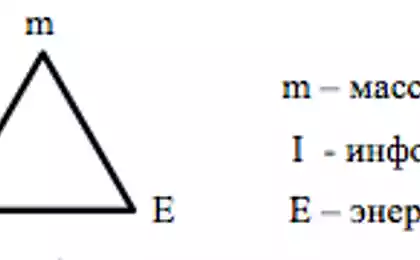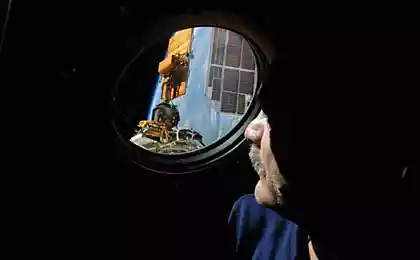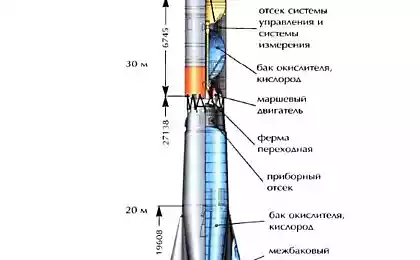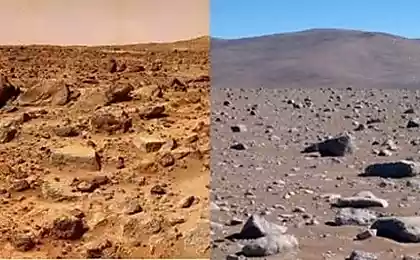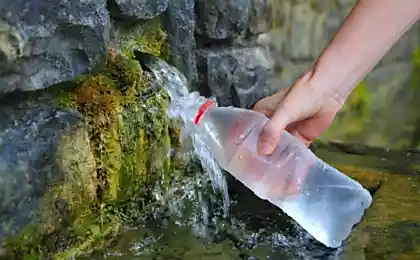533
Samples of the earth's water were taken from space

Innovative techniques in monitoring ocean acidification via satellite revolutionizing method of studying of the world ocean. Work submitted for publication in the scientific journal Environmental Science and Technology, describes the remote monitoring of extensive and remote tracts of the ocean from a height of about 700 kilometers above the Earth. Every year more than a quarter of global carbon dioxide emissions from fossil fuel combustion and cement production falls into the world ocean. Sea water is oxidized. Climate change affects marine life. Scientists estimate that the increase in CO2 emissions into the atmosphere and increasing acidity of seawater over the next century could destroy marine ecosystems, which are a source of food for humans. Therefore, careful monitoring of changes in ocean acidity is crucial for the survival of mankind.
Researchers from Exeter University, Plymouth marine laboratory, the French Institute of research and exploitation of the sea IFREMER, the European space Agency are developing new methods to control the acidity of the oceans from space.
Satellites are becoming increasingly important tools for monitoring ocean acidification, especially in remote and often dangerous waters, for example, the Arctic. To year-round measurements are very difficult and expensive. New techniques allow to control large areas of the world ocean quickly and easily find the region that are at risk of developing hyperacidity, say the researchers.
Standard methods for determination of acidity level suggest sampling from research vessels at sea. This approach limits the sampling to small areas of the world ocean, as the start and content of the research fleet is very expensive.
Satellite-mounted thermal cameras to measure ocean temperature and microwave sensors measure the salinity. Together, these tools are much faster and cover a larger area than previously possible.
The oceans also deaden the plastic waste. Almost one third of the total — 2.4 million tonnes of plastic off bits of China. published
P. S. And remember, only by changing their consumption — together we change the world! ©
Source: hi-news.ru







